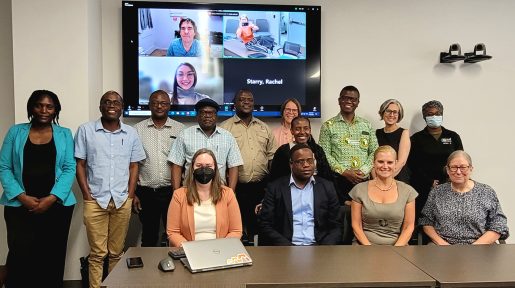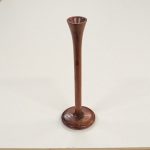Health care reform has been a contentious political issue in the United States for more than a hundred years. Often, the public associates health care reform with presidents and national leaders, but communities, workers, activists, and health care professionals have made their voices heard in the debate about whether and how to make quality health care available to all. The traveling exhibit For All the People: A Century of Citizen Action in Health Care Reform tells the lesser-known story of how movements of ordinary citizens helped shape the changing American health care system. HSLS is pleased to be hosting this national exhibit, providing events and access to educational resources for Pitt courses this fall semester.
Accompanying this exhibit are higher education modules—available formatted for Canvas or Elentra—which can offer a valuable historical perspective for courses with topics surrounding American health care access and policy. HSLS is providing these supplementary educational modules for Pitt instructors to augment your students’ experience of this exhibit. These modules have been adapted from content from the National Library of Medicine.
Also, save the date for a panel event on Monday, September 23, 2024, at 4 p.m. in Alan Magee Scaife Hall. Continue reading


